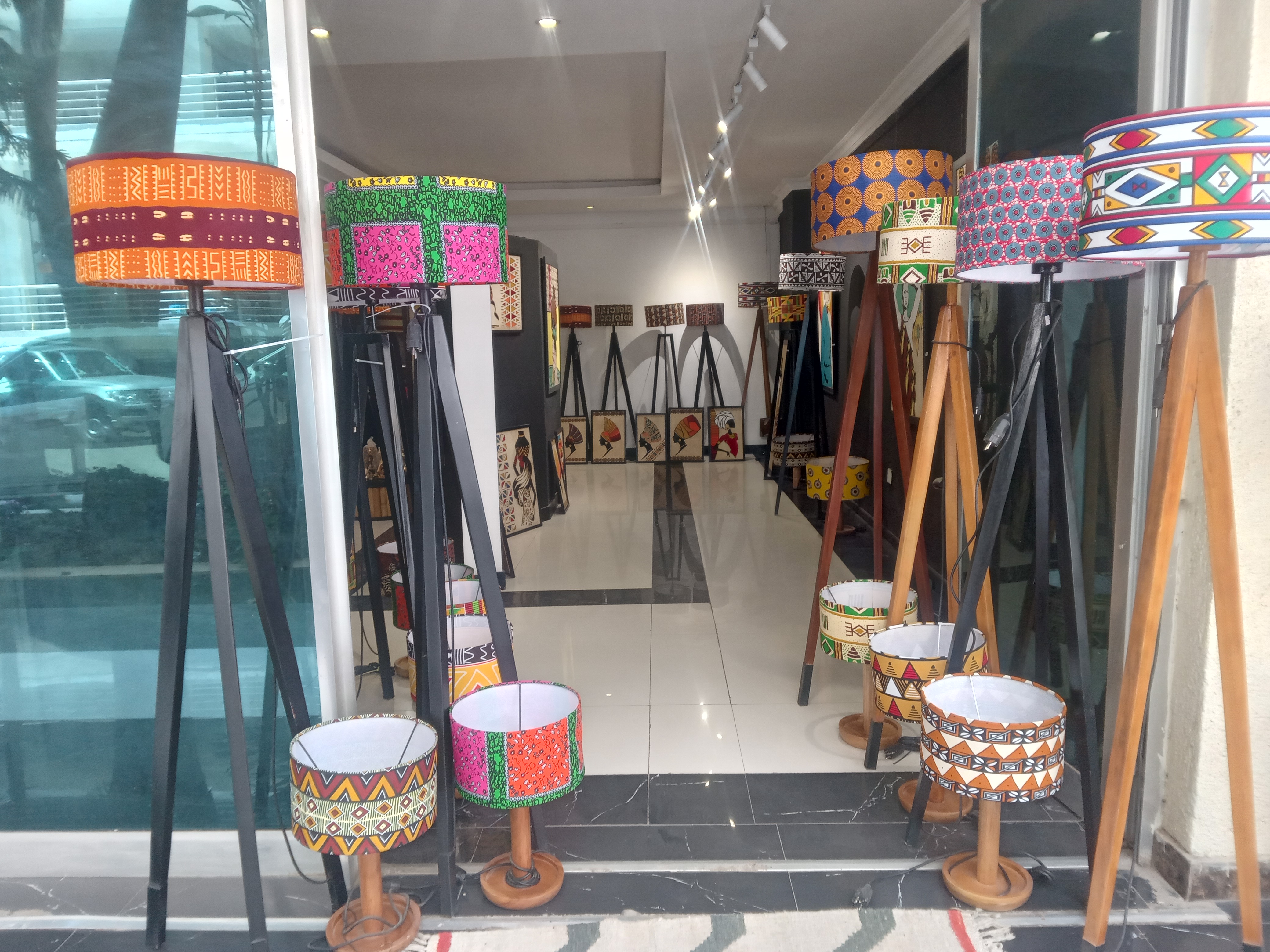
My Opinion | Jul 10,2020
Jul 24 , 2021
By Kidist Yidnekachew
It is a universal thing for friends to use a secret language, or one assumed to be not understood by other people in the vicinity, when talking amongst themselves. But there are many instances where this has gone wrong and people were left either shocked or embarrassed.
That is what happened to a friend of mine last week. She was talking in one of the many languages in Ethiopia while on the phone in public transportation. She did not think that the people around her spoke it – poor lack of judgment on her part. She kept pouring her heart out; oblivious to her surroundings.
The minute she hung up the phone, all eyes and some angry faces were on her. She was surprised; she could not imagine what wrong she had done. Then, one person turned his face to her and spoke to her in the language she was speaking with the friend over the phone. Her face turned red.
I did not speak the language myself, thus I asked her what the other person said to her and she just replied, ”I'll tell you later."
I could see on her face that she was embarrassed. Later, when we got off the taxi, she told me what that the guy had said for her to never make the mistake of assuming that only she knew a certain language.
This is a very common phenomenon, and this was not the first time I have witnessed it firsthand. While hanging out with my husband in public, I hear people say things to him in Amharic. They assume he is unable to speak the language as he is white. When he replies in fluent Amharic, the shock and surprise on their faces are priceless.
Recently, my husband and I were shopping in a supermarket. A guy standing next to him was complaining about how high the cost of goods is getting. He said he was now forced to become a vegetarian because the price of meat has gone up. He is apparently living a sugar-free lifestyle and forced to skip a meal or two. He was at the supermarket to buy a specific kind of diaper and wipes for his children.
“These foreigners don’t even have any idea about how expensive things are here," he then turned to his friend and said. "They easily get everything they want in their country for a ridiculously cheap price and they never have to suffer a day in their lives.”
But, although not born in Ethiopia, my husband could relate and has his own opinions about Ethiopia’s inflation. He addressed the man in Amharic.
“Your mistake was to think that someone’s skin colour shields them from experiencing difficulties," he said. “I've lived in Ethiopia for close to 25 years and inflation has affected me and continues to affect me as much as it does you."
The guy was shocked. He cracked a smile and said, “I had no idea.”
This embarrassing mixup is not restricted to interactions between Ethiopians and non-nationals. Another time, a man was cracking jokes in one of the languages about an ethnic group in a gathering and he nearly got into a fight. Not only do we have no idea about other people’s struggles but we also exhibit poor judgement.
Language, ironically, is a means of communication and understanding between people. It should neither be used to stereotype others, nor as a tool for speaking about other people behind their backs. Many people have similar problems, it would be wrong to assume that it passes right by them. It is through the use of language that we can get closer to understanding one another, and come up with ways to work together and address them.
PUBLISHED ON
Jul 24,2021 [ VOL
22 , NO
1108]


My Opinion | Jul 10,2020

My Opinion | Oct 02,2021

Viewpoints | Apr 20,2019

Exclusive Interviews | Mar 18,2023

Radar | Feb 12,2022

Featured | Oct 17,2020

Fortune News | Apr 27,2025

Commentaries | Jun 22,2024

In-Picture | Apr 19,2025

Radar | Apr 25,2020

My Opinion | 131970 Views | Aug 14,2021

My Opinion | 128359 Views | Aug 21,2021

My Opinion | 126296 Views | Sep 10,2021

My Opinion | 123912 Views | Aug 07,2021

Dec 22 , 2024 . By TIZITA SHEWAFERAW
Charged with transforming colossal state-owned enterprises into modern and competitiv...

Aug 18 , 2024 . By AKSAH ITALO
Although predictable Yonas Zerihun's job in the ride-hailing service is not immune to...

Jul 28 , 2024 . By TIZITA SHEWAFERAW
Unhabitual, perhaps too many, Samuel Gebreyohannes, 38, used to occasionally enjoy a couple of beers at breakfast. However, he recently swit...

Jul 13 , 2024 . By AKSAH ITALO
Investors who rely on tractors, trucks, and field vehicles for commuting, transporting commodities, and f...

Jul 5 , 2025
Six years ago, Ethiopia was the darling of international liberal commentators. A year...

Jun 28 , 2025
Meseret Damtie, the assertive auditor general, has never been shy about naming names...

Jun 21 , 2025
A well-worn adage says, “Budget is not destiny, but it is direction.” Examining t...

Jun 14 , 2025
Yet again, the Horn of Africa is bracing for trouble. A region already frayed by wars...

Jul 6 , 2025 . By BEZAWIT HULUAGER
The federal legislature gave Prime Minister Abiy Ahmed (PhD) what he wanted: a 1.9 tr...

Jul 6 , 2025 . By YITBAREK GETACHEW
In a city rising skyward at breakneck speed, a reckoning has arrived. Authorities in...

Jul 6 , 2025 . By NAHOM AYELE
A landmark directive from the Ministry of Finance signals a paradigm shift in the cou...

Jul 6 , 2025 . By NAHOM AYELE
Awash Bank has announced plans to establish a dedicated investment banking subsidiary...